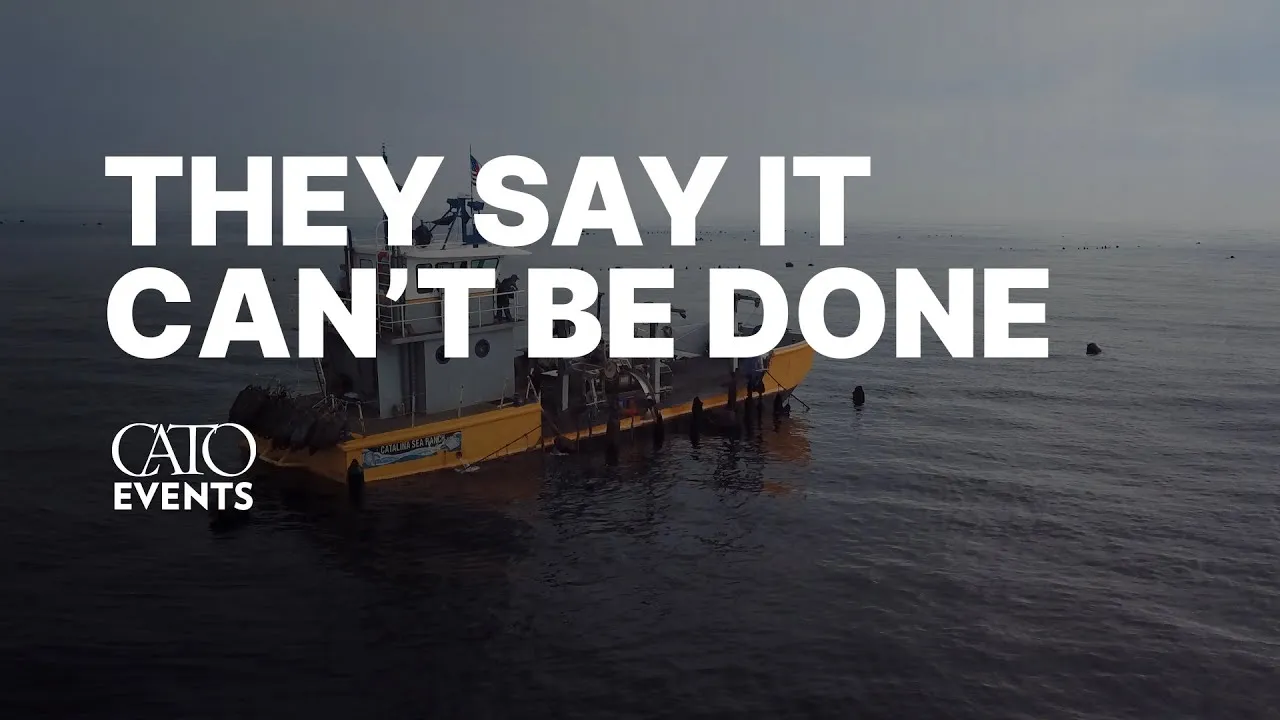
"Entrepreneurs can reverse climate change, abolish industrial farming, remove organ waiting lists, and end world hunger... if we allow them." The link between enterprise and society was a major topic of discussion in this documentary. They went to four different businesses that were using their invention to learn about their daily efforts, and the challenges the entrepreneurial side of laws presented them with.
They began by employing a computer that created organs using 3D printing and the patient's cells. This team's objective is to get rid of the organ transplant waiting list and any related problems. A patient may be informed that an organ is available for them, which indicates that the organ has previously been used and may be rejected. So there would be no danger of rej ection or unavailability if we could just use the patient's own cells to create their own organ in a short amount of time. However, these medicines operate in a setting that is not comparable to the pharmaceutical industry, and they must contend with numerous rules and political opposition.
Beyond that, they went to see some researchers who were creating animal protein without harming the animals. These researchers were able to take chicken cells out of the animal and grow them inside their lab by giving them a variety of liquid nutrients. They prepared the meat that resulted from the operation in the backyard as the original chicken roamed the area! They want to do away with the need for slaughterhouses as well as the ineffective distribution of feed and land for our meat sector. The dominant meat and livestock businesses in our nation continue to oppose them.
A physicist who took leadership of finding a solution to our CO2 emissions in the stratosphere was also mentioned. He developed a piece of machinery that resembles an organic tree but uses water, wind, and absorbent material to trap 1000 times more carbon dioxide. Once set up, it would be energy-free and capable of capturing hundreds of tons of CO2.
Finally, the crew visited California to research aquaculture. These inventors were searching for a solution to the world's land shortages and its burgeoning population needs. They were utilizing kelp and mussels to neutralize the acidity of the water and to provide people a protein source with no calories. An increase in government rules and a shortage of funds were impeding their endeavors.
In this documentary, I thought the topic of rules to be the most fascinating. All the above-mentioned technologies were merely waiting for approval or acceptance to turn their concept into reality. Without a doubt, we need solutions like this to address our most pressing issues. For instance, as our population increases, we are forced to give up more farmland for construction, yet Josh Tetrick, an entrepreneur, is unable to promote his product as meat even if it is since it is genetically modified. The government is moving slowly to support the large meat and cattle sectors since this new type of meat production poses a fresh threat.
In short, this facet of entrepreneurship has detrimental effects for society. Regulations that prevent entrepreneurs from bringing their innovations to market result in lost value. Because they missed the window of opportunity or had to give up, the entrepreneur never got to share the value they made with society. In a similar vein, society adversely impacts this facet of entrepreneurship. Similar to the example in the documentary, some inventions are not small and need to be acted upon quickly. However, the entrepreneur is more likely to fail if society is careless in performing its share. As an illustration, the aquaculture industry is aiming to provide a sizable demand in the near future. They need more money and autonomy from our government to make this idea happen. A long bureaucratic procedure, however, can drain an entrepreneur's resources and time. Additionally, this deters other business people from making an effort to add value.
Overall, rules are bad for society and business owners in the long run. Although I support the concept of rules to keep us safe, they simply impede forward growth. As terrifying as a free market may appear, it is the best answer to many of the issues we face today.